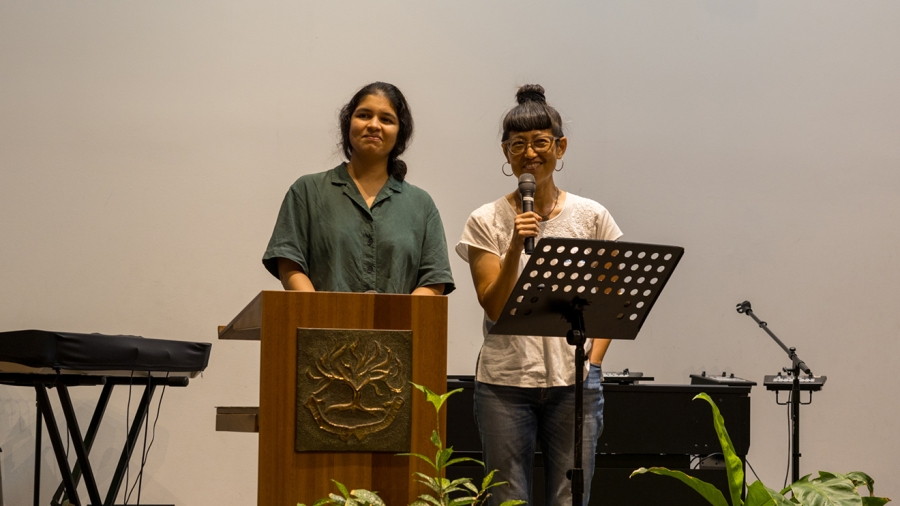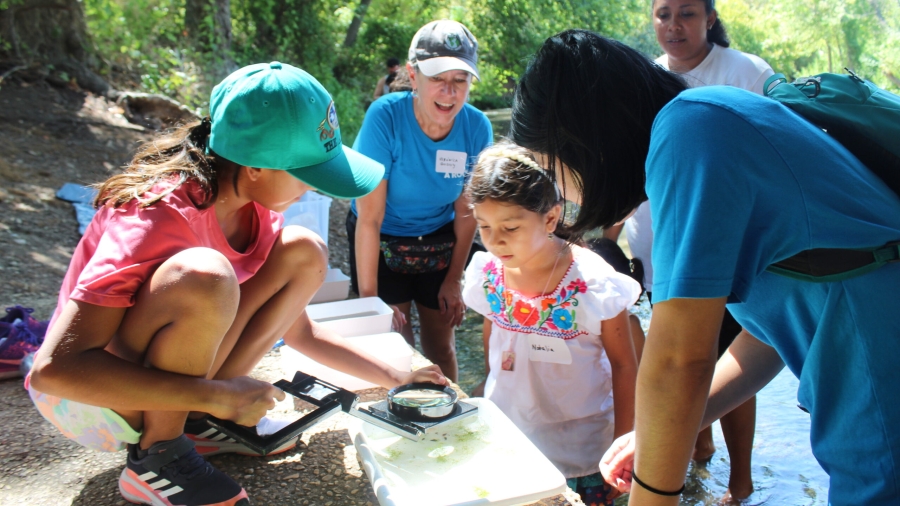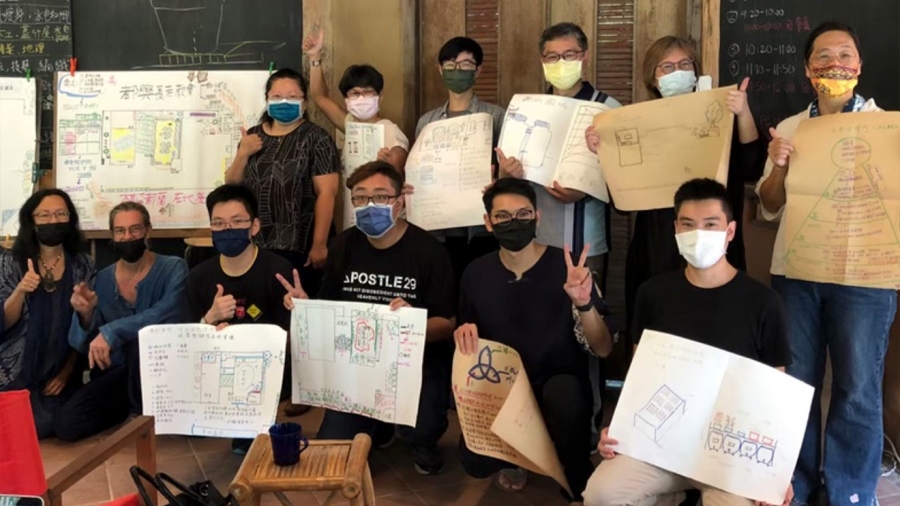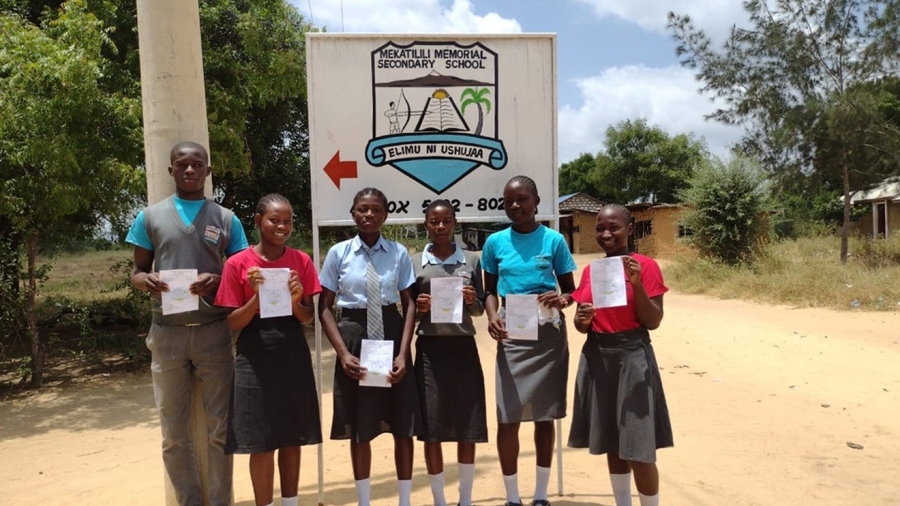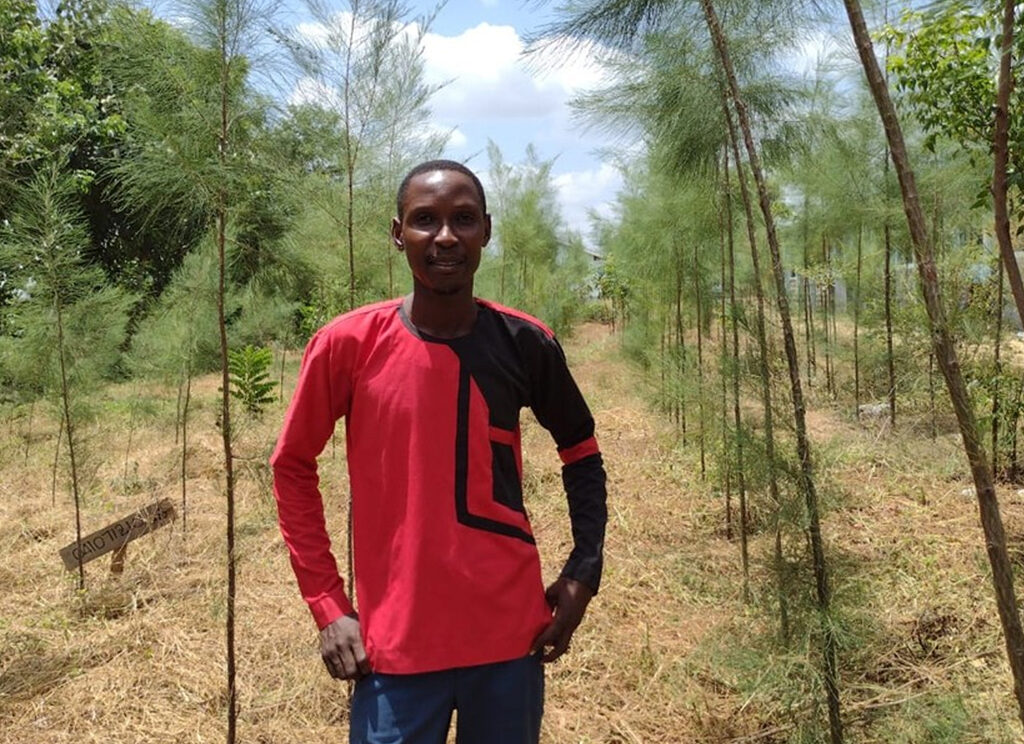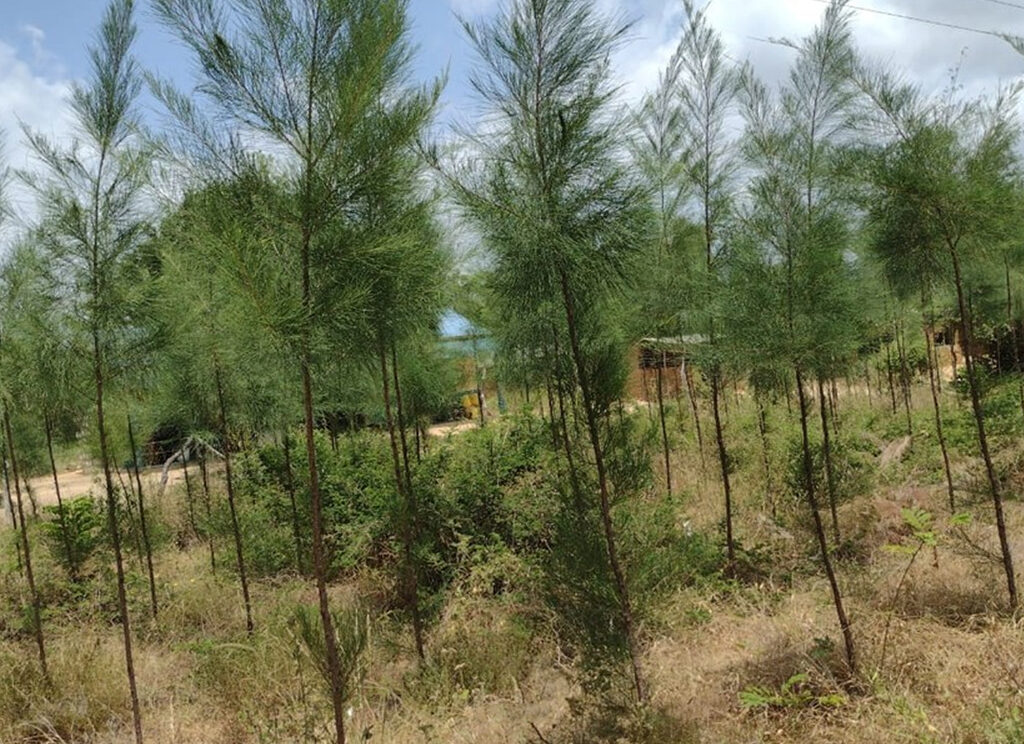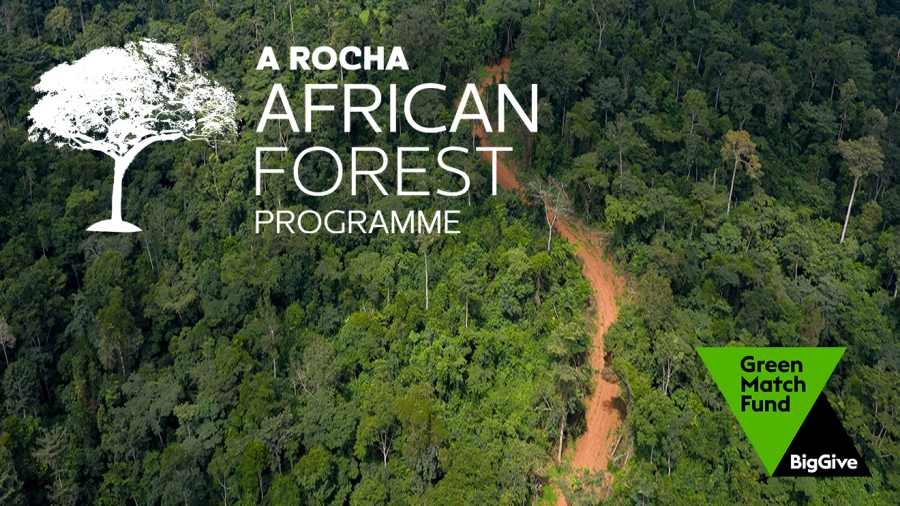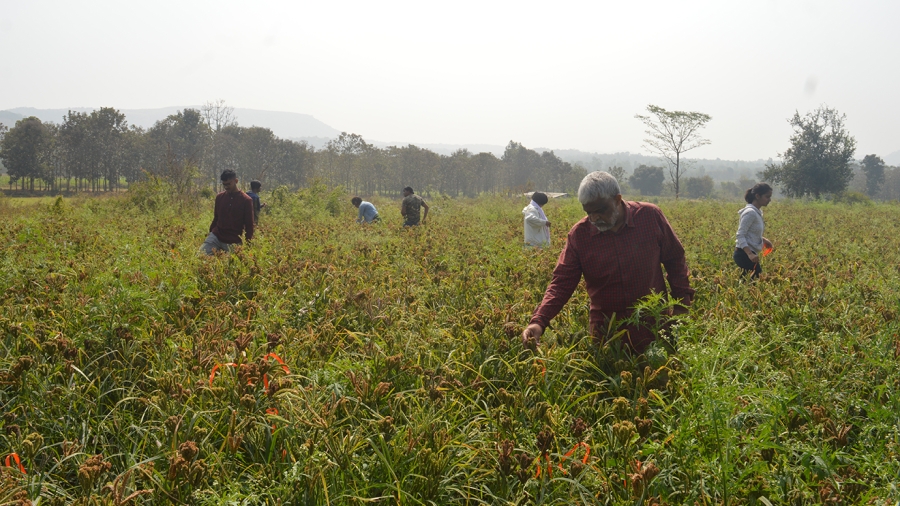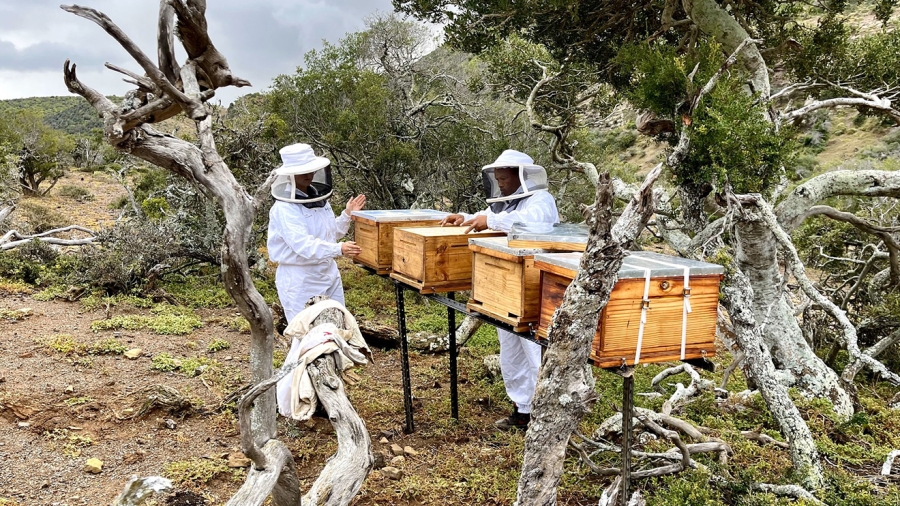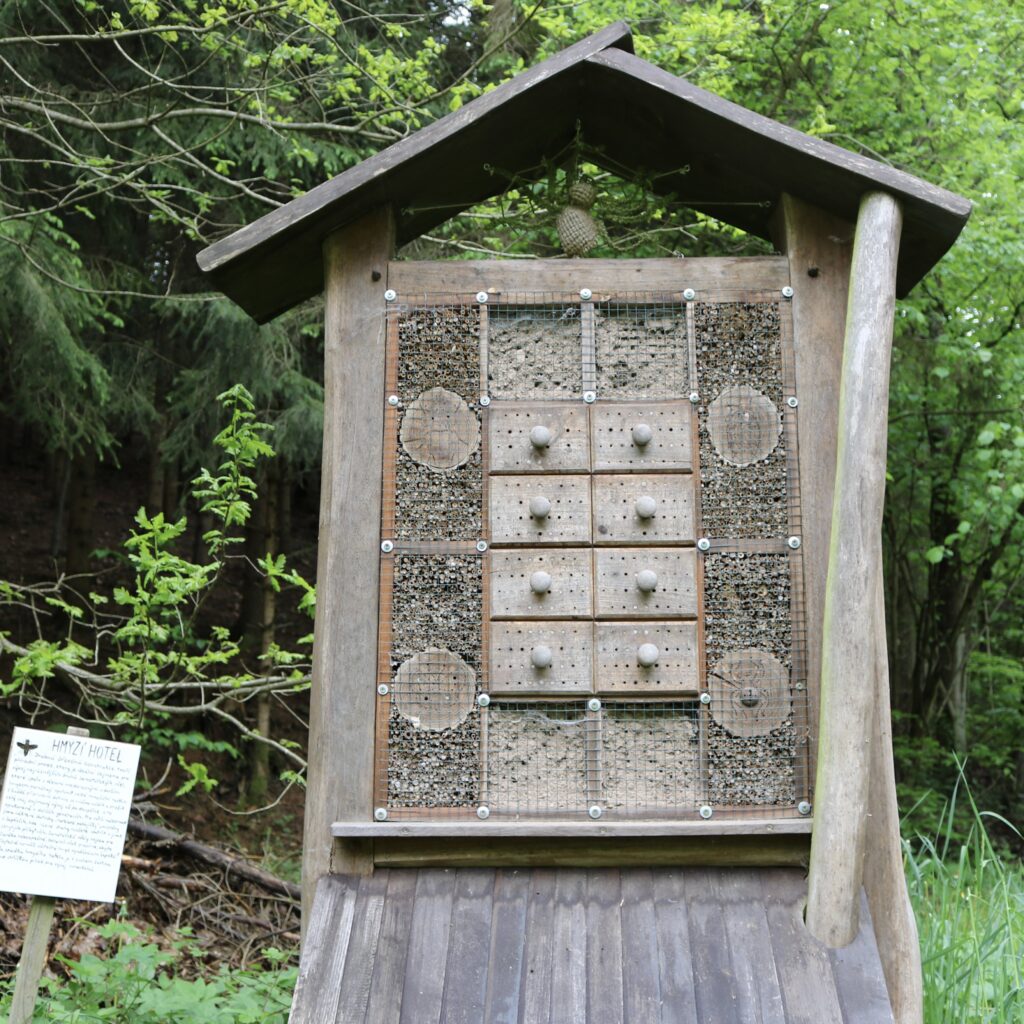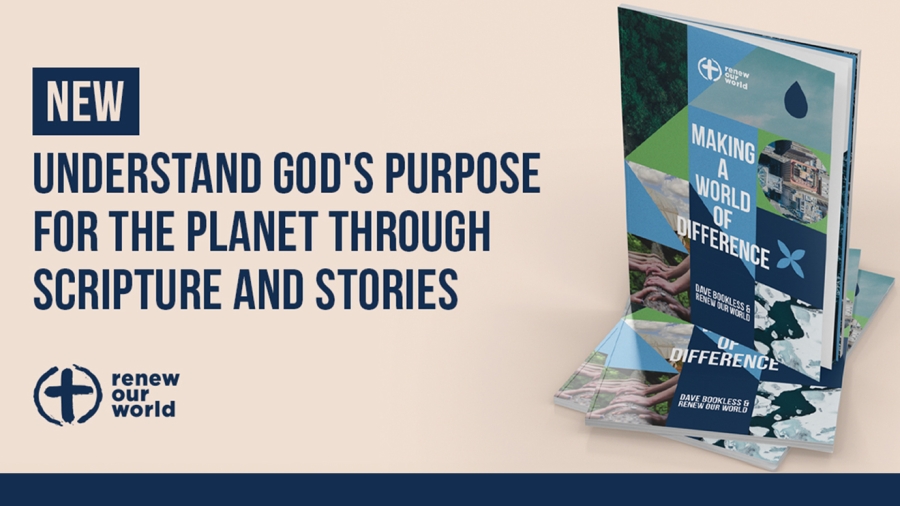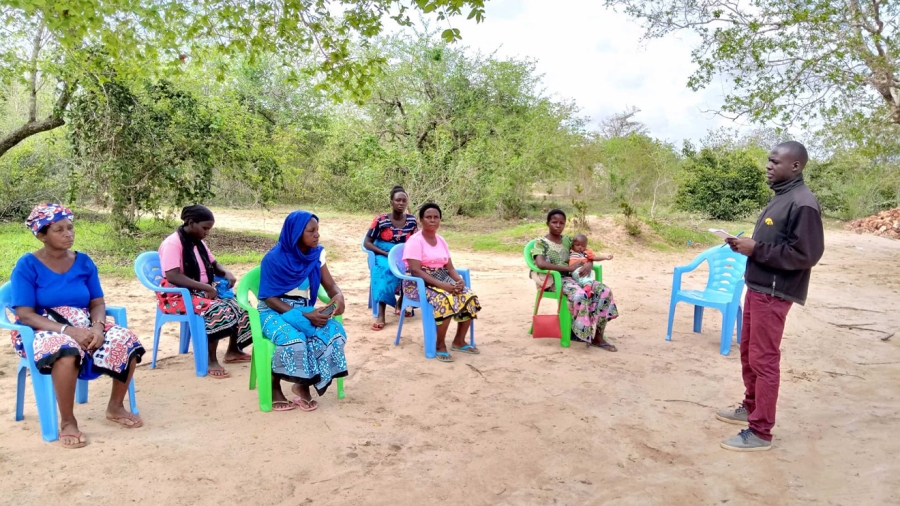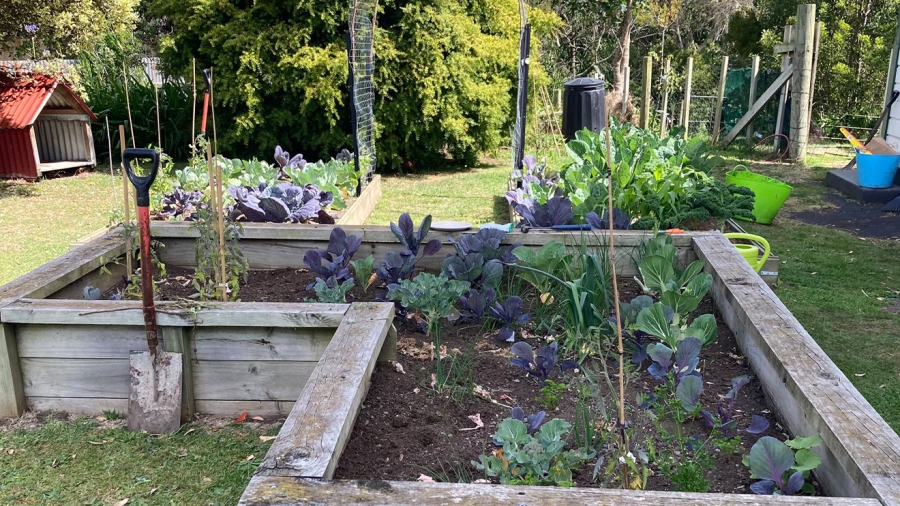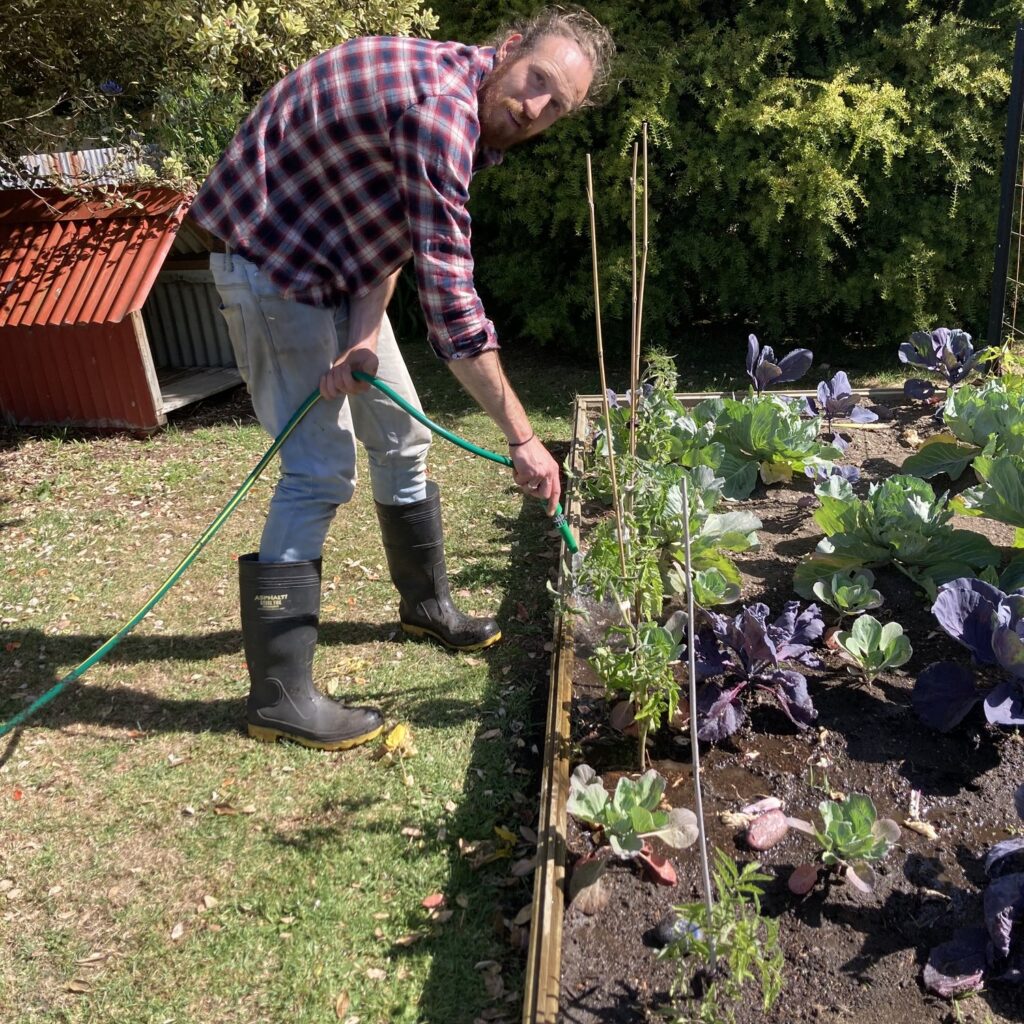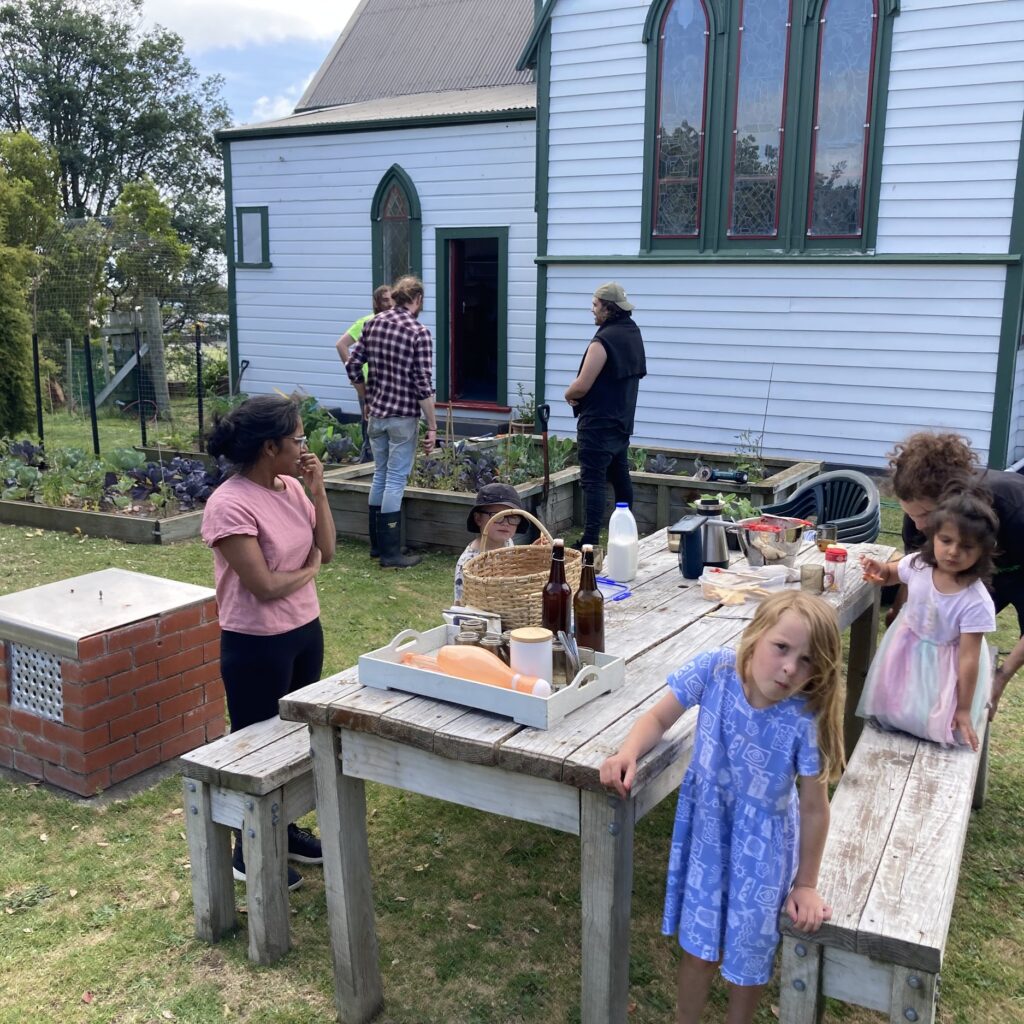On 11 May A Rocha held a ‘Missional Discipleship and Sustainability’ conference as part of the work towards officially launching in Singapore. A Rocha’s presence in Singapore has grown out of the very first Friends of A Rocha group, set up 12 years ago by Mel Ong (pictured here on the right, with Prarthi Selveindran), who opened the conference by sharing some of the history.
The conference was a collaboration between A Rocha International (whose board of trustees were in Singapore for their annual in-person meeting), the Biblical Graduate School of Theology (BGST: bgst.edu.sg); the Fellowship of Evangelical Students (FES: fellowship.sg); Creation Care Singapore (CCSG: creationcare.sg); and the hosts, Katong Presbyterian Church (KPC: kpchurch.org.sg).
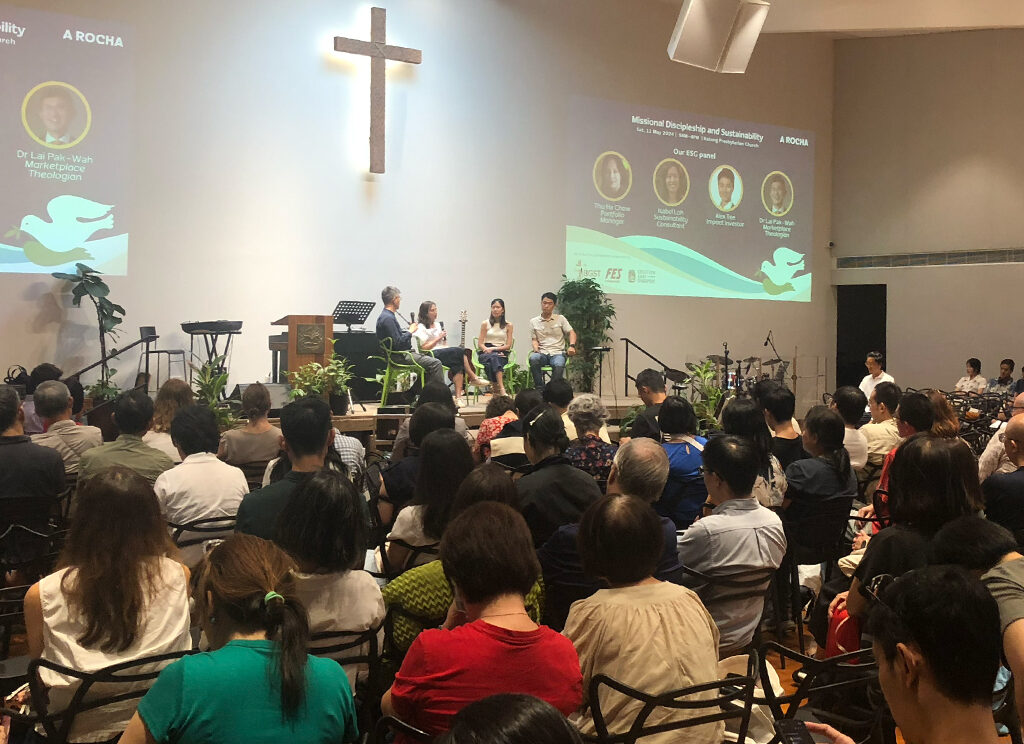
Sessions ranged from theology (Dr Hilary Marlow and Rev Dr Dave Bookless), to a panel discussion on finance and investment, an overview of the state of the climate (Dr Rodel Lasco) and contemplative prayer, along with a number of other local and international contributions.
It was a rich day. As one person eloquently expressed it, ‘[I learned that] creation care requires all hands on deck – not just the ‘science people’ but also the lawyers, policymakers, marketers, designers… even simply advocates, to work together to care for His creation… Comforted yet armed with knowledge and sweet fellowship, this conference has definitely enabled me to live life for Christ in this seemingly contemporary but definitely redemptive manner – to care for his creation, to enable it to flourish and be a witness for Christ’s original redeeming act in this way.’
